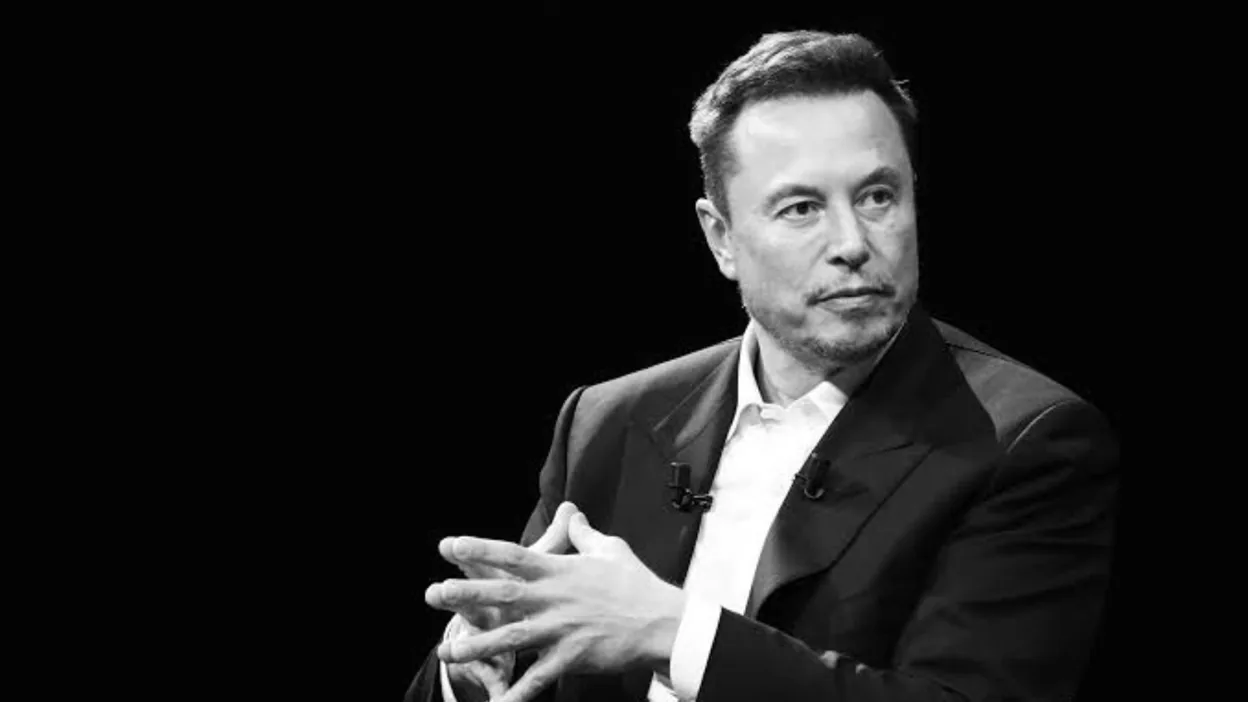OpenAI and Elon Musk have agreed to accelerate the legal proceedings regarding OpenAI’s transition to a for-profit entity, marking the latest chapter in the public legal battle between Musk and OpenAI’s CEO, Sam Altman. The dispute, which has drawn significant attention, stems from Musk’s concerns over OpenAI’s shift from its original nonprofit model. The two parties, seeking a swift resolution, proposed fast-tracking the trial in a December filing, as revealed in a recent court document.
The trial’s progress took a key step this week when both OpenAI and Musk agreed to delay a decision about whether the case would be decided by a jury or a judge. This agreement comes after a judge ruled earlier this month, denying Musk’s attempt to pause OpenAI’s for-profit transition. However, the judge did agree to expedite the trial, which is now set to take place in the autumn of this year, intensifying the ongoing legal confrontation.
In response to the decision, OpenAI issued a statement welcoming the court’s March 4 ruling, which rejected Musk’s request to delay the transition. The company emphasized that it viewed the decision as a significant win, countering Musk’s efforts to slow down the shift for what they perceived as his personal gain. The statement further reflected OpenAI’s stance that it is committed to continuing its transition toward a more sustainable, for-profit model while pursuing its mission.
Elon Musk’s relationship with OpenAI has been complex since its founding. Musk co-founded the company in 2015 alongside Sam Altman, but he departed from the organization before it became the leading AI research group it is today. Subsequently, Musk launched his own AI startup, xAI, in 2023, which competes directly with OpenAI. This shift in allegiance, along with Musk’s concerns over the for-profit model, has fueled the legal dispute, as both sides prepare for what promises to be a high-stakes trial.
















